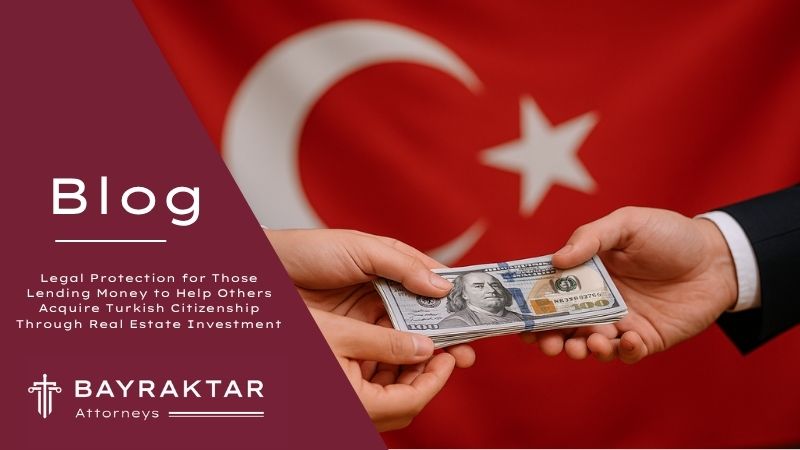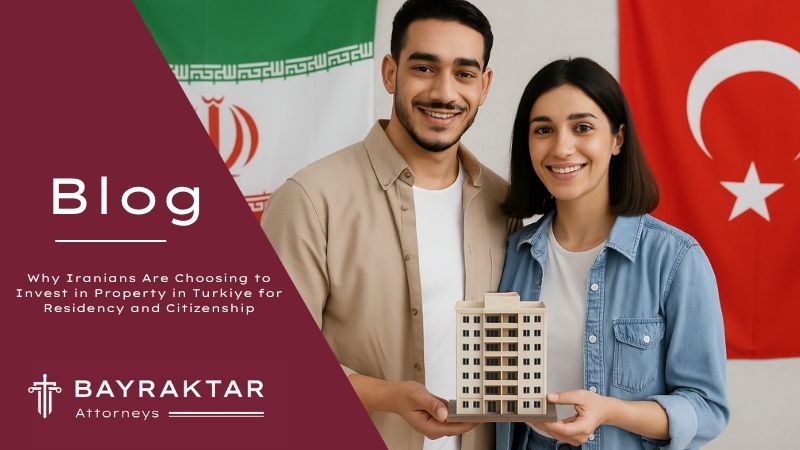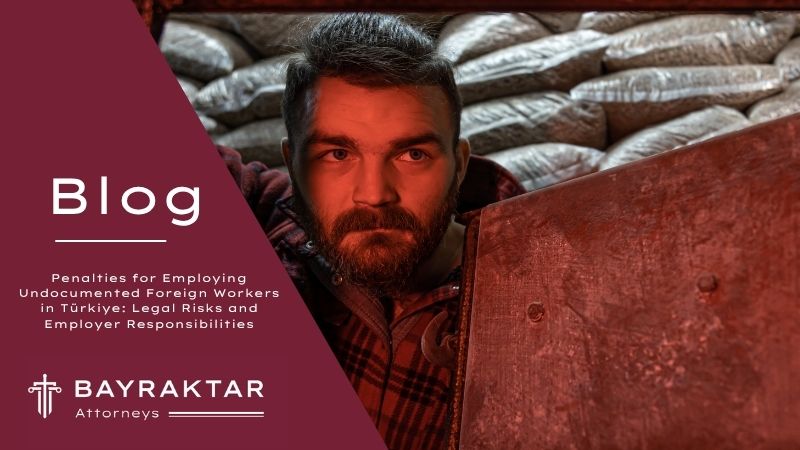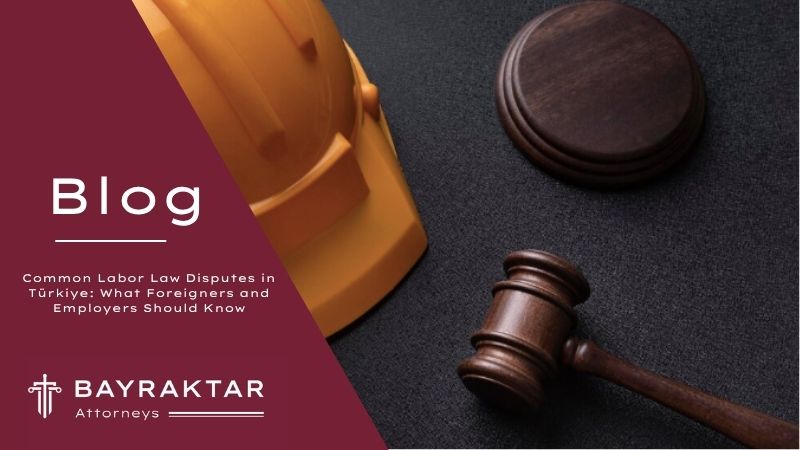
Why Is Legal Protection Necessary?
In Türkiye, one of the most common routes to obtain Turkish citizenship for foreign nationals is through real estate investment. A minimum investment of USD 400,000 is required, and the property must be retained for at least three years.
However, not all applicants have the full capital available. In such cases, it is quite common for a family member, close friend, or business associate to lend the required funds.
When one party provides the money and the other becomes the legal owner of the property (and ultimately obtains Turkish citizenship), the lender faces significant legal risks unless proper agreements and protections are established in advance.
This blog outlines the legal strategies to protect those who finance such investments.
Key Risks Faced by the Lender
1. No Ownership, Yet Full Financial Responsibility
The lender might not appear on the title deed, which means they have no official claim over the property even if they funded it.
2. Citizenship Commitment Blocks Sale
As per Turkish regulations, the property must be held for 3 years. This creates a legal freeze, meaning the lender cannot easily reclaim their funds through a forced sale during this period.
3. Potential Conflict After 3 Years
Once the citizenship applicant has fulfilled their 3-year obligation, there may be disputes over selling the property or transferring the title to the lender.
Legal Solutions to Protect the Lender
1. Drafting a Strong Loan Agreement
A notarized loan agreement should clearly define:
The amount loaned
The purpose of the loan (to fund citizenship-eligible real estate)
The repayment timeline (after the 3-year period)
Security or collateral obligations
The consequences of breach or non-repayment
Such contracts should be drafted by an experienced attorney in Turkish contract law.
2. Annotation (Şerh) in the Title Deed
It is possible to annotate the loan relationship onto the property title as a “mortgage” or a “contractual annotation” under Article 1009 of the Turkish Civil Code. This prevents the borrower from selling or transferring the property without addressing the lender’s claims.
3. Conditional Power of Attorney
The borrower may issue a limited power of attorney allowing the lender to sell or transfer the property only after the 3-year citizenship restriction period ends. This creates flexibility and control for the lender without violating the nationality process.
4. Notarized Pre-Sale Commitment
A pre-sale commitment agreement can be signed in front of a notary stating that after 3 years, the property will either:
Be sold and proceeds returned to the lender
Or, be transferred to the lender’s name as repayment for the loan
This commitment becomes enforceable as a basis for legal action.
5. Enforcing the Debt Through Judicial Lien
If a contractual annotation isn’t possible or preferred, the lender can file a lawsuit and request a judicial lien (haciz) or precautionary measure (ihtiyati tedbir) on the property. This freezes the property against sale after the 3-year restriction ends until the loan is paid.
Can the Lender Become a Co-Owner?
Unfortunately, under Turkish citizenship law, the investor must be the sole owner of the qualifying property. Therefore, the lender cannot be listed as a co-owner if the property is being used for citizenship acquisition. However, the lender’s rights can still be legally protected through the above instruments.
Importance of a Turkish Lawyer
Given the citizenship-related property restrictions, foreign exchange regulations, and legal complexities of enforcing debt, both parties—especially the lender—should consult a Turkish lawyer.
Our law firm, Bayraktar Attorneys, offers full legal protection for investors and lenders involved in Turkish citizenship by investment projects.
We assist with:
Preparing notarized loan agreements
Registering annotations in the land registry
Drafting pre-sale commitments
Monitoring the 3-year period
Resolving disputes through court action if necessary
Final Thoughts
Helping someone acquire Turkish citizenship through real estate investment can be a generous and life-changing contribution. However, it must be done with proper legal documentation and planning. Without these safeguards, the lender risks losing not only the property but also the full amount invested.
If you are considering financing a real estate purchase for someone else's citizenship journey in Türkiye, contact Bayraktar Attorneys to structure a legally sound, enforceable, and protective arrangement from day one.






